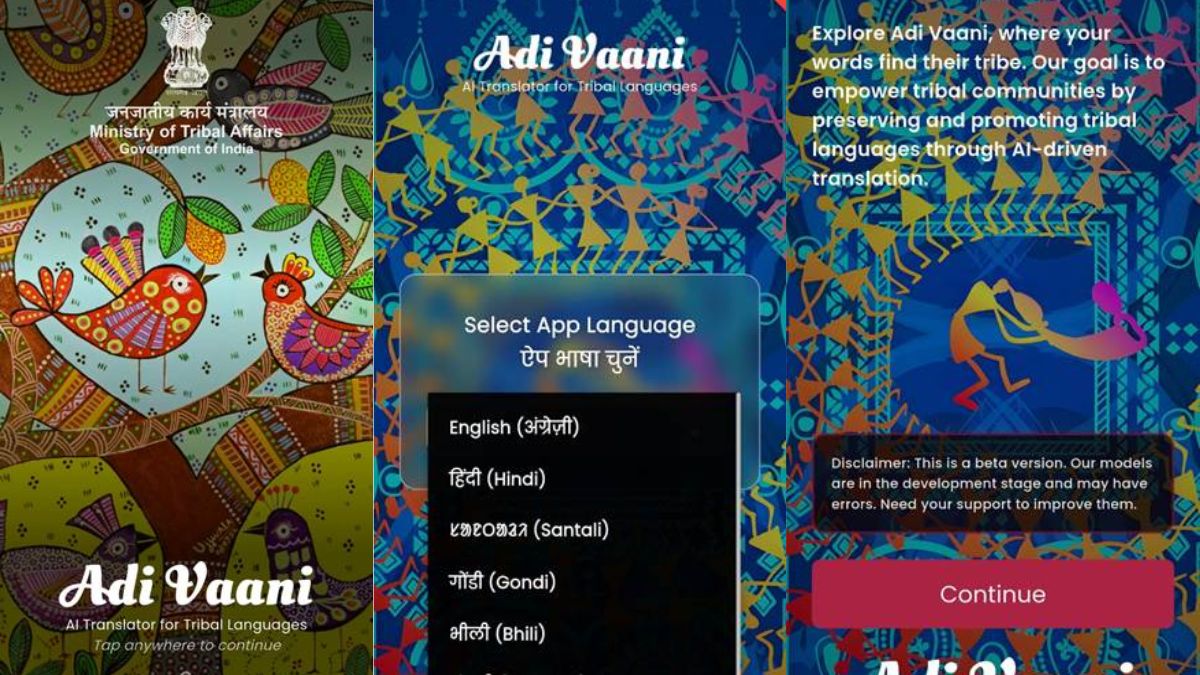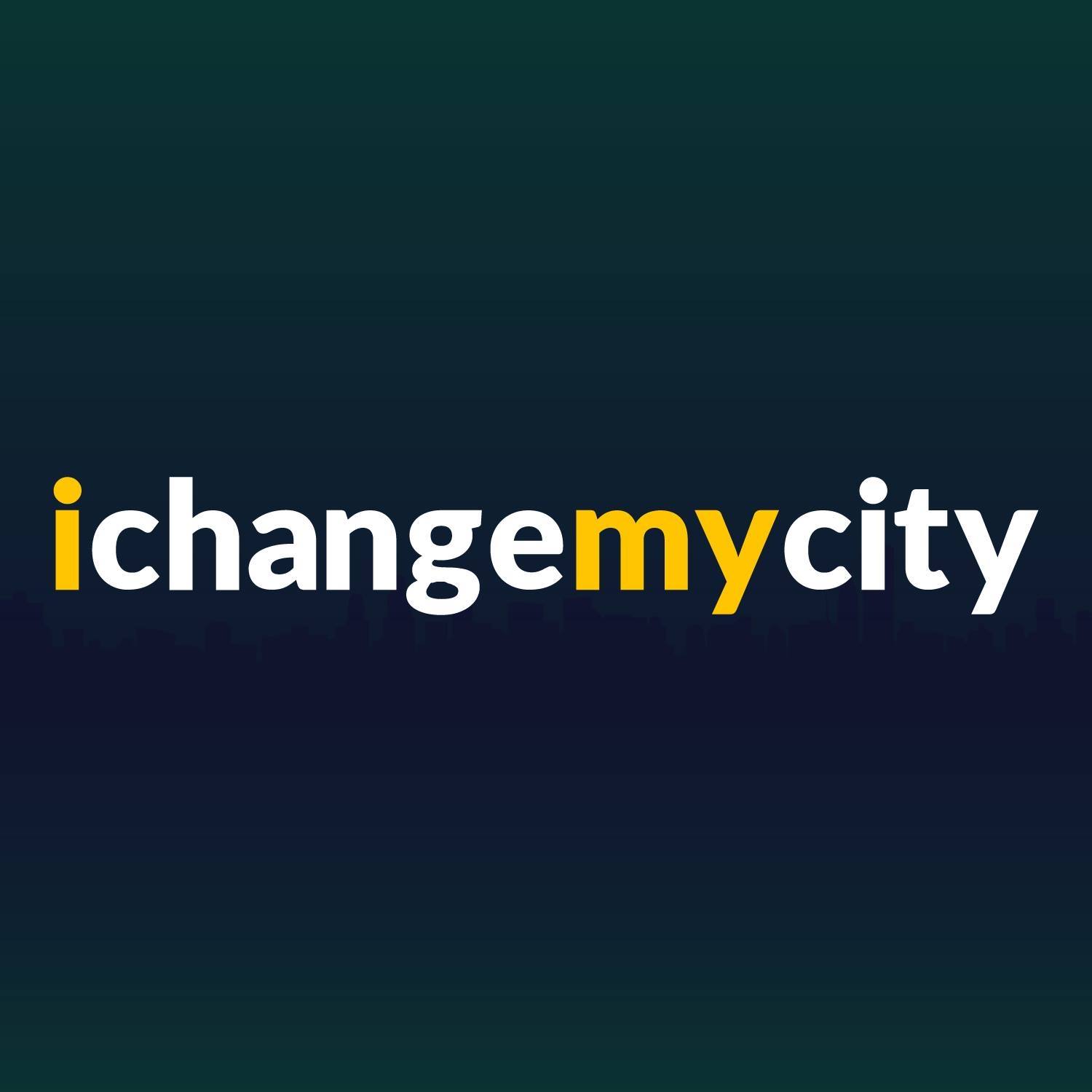A new global report by UNESCO on technology in education sheds light on the pressing issue of inadequate governance and regulation in this field. The report emphasizes the need for countries to establish their own guidelines for the integration of technology in education, ensuring that it complements rather than replaces traditional, teacher-led instruction, with the ultimate goal of providing quality education for all.
Titled “Technology in Education: A Tool on Whose Terms?,” the 2023 Global Education Monitoring Report is being unveiled at a special event in Montevideo, Uruguay, co-hosted by UNESCO, the Ministry of Education and Culture of Uruguay, and the Ceibal Foundation, alongside 15 education ministers from various countries. The report presents four essential questions for policymakers and stakeholders in education to consider when implementing technology in learning environments:
1. Is it appropriate?
While technology can enhance certain types of learning in specific contexts, excessive reliance on it or its implementation without qualified teachers can lead to the loss of learning benefits. For example, simply distributing computers to students does not improve learning outcomes if teachers are not actively involved in the pedagogical process. The report also highlights how smartphones in schools, when not properly regulated, can be detrimental to learning. Thus, it urges finding a balance between technology use and maintaining human interactions in the teaching and learning experience.
2. Is it equitable?
The COVID-19 pandemic exposed disparities in access to education, particularly affecting over half a billion students worldwide, mainly those in underserved and rural areas. The report stresses that the right to education is now closely tied to meaningful connectivity, but many primary schools still lack electricity. It calls on all nations to establish targets for connecting schools to the internet by 2030, with a particular focus on marginalized communities.
3. Is it scalable?
The report highlights the critical need for impartial evidence showcasing the added value of technology in education. Currently, most evidence comes from the United States, and there is a risk of bias when technology companies themselves are the primary source of evidence. Additionally, many countries overlook the long-term costs of technology purchases, while basic education needs remain unmet. Scaling up digital learning in low-income countries and connecting schools to the internet in lower-middle-income countries would incur substantial financial burdens.
4. Is it sustainable?
The rapid pace of technological advancements is placing increasing pressure on education systems to adapt. Digital literacy and critical thinking skills are becoming vital, particularly with the rise of generative AI. While some progress has been made in defining future-focused skills in several countries, there is still a significant gap, with only a few governments incorporating AI into their curricula. Moreover, basic literacy remains crucial for digital application, as it helps protect students from online risks such as phishing.
Teacher training is also an essential aspect of sustainability in education technology. Unfortunately, many countries lack proper standards for developing teachers’ ICT skills, including cybersecurity, despite the growing number of ransomware attacks targeting educational institutions.
Lastly, ensuring sustainability necessitates safeguarding the rights of technology users. Presently, only a small percentage of countries have laws guaranteeing data privacy in education, while a significant number of education technology products have the potential to survey children’s data without adequate protections. During the pandemic, several governments implemented online education practices that put children’s rights at risk or infringed upon them.
In conclusion, the report emphasizes the importance of thoughtful and well-regulated integration of technology in education to ensure equitable, scalable, and sustainable educational practices for all learners.
- PRESS RELEASE







